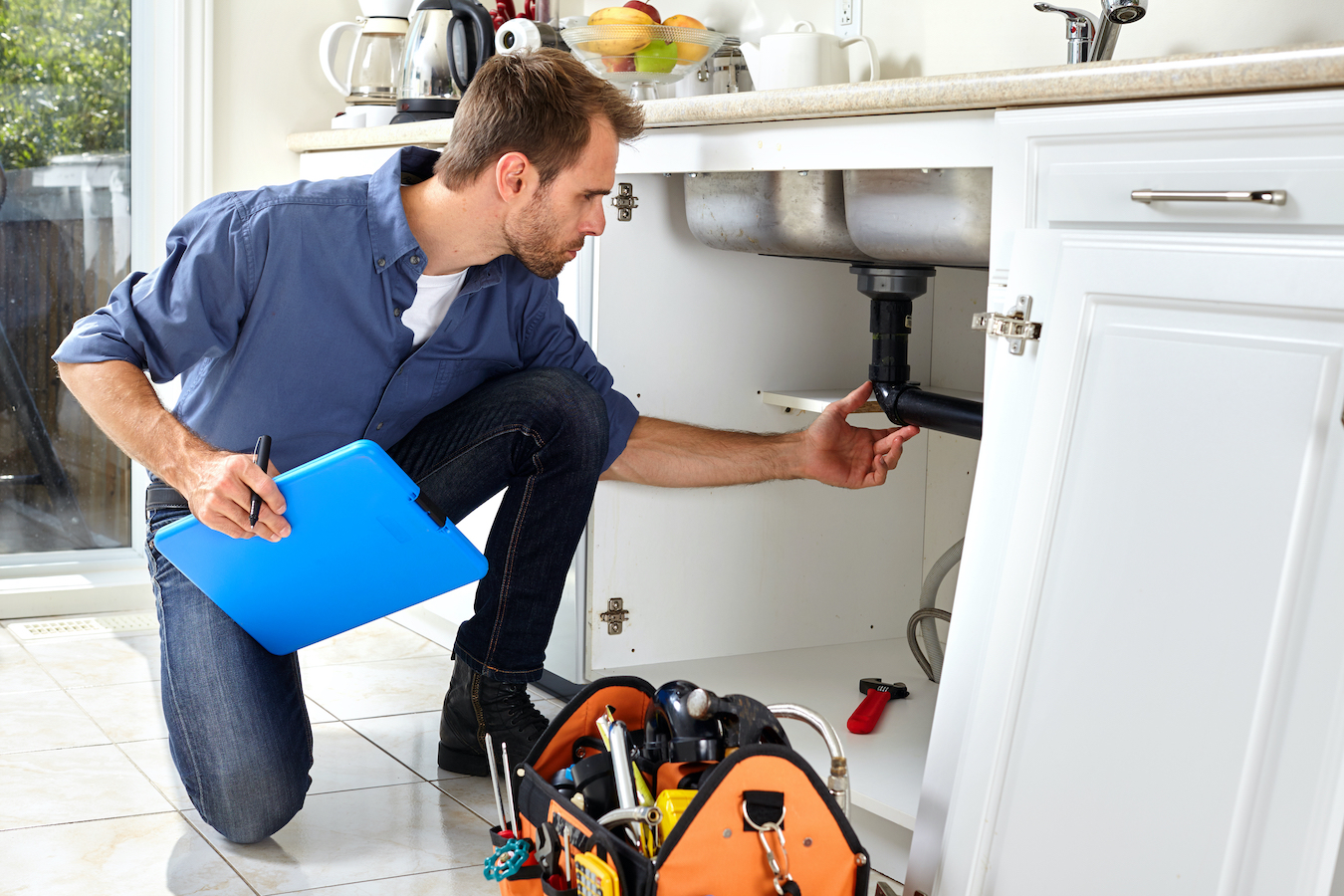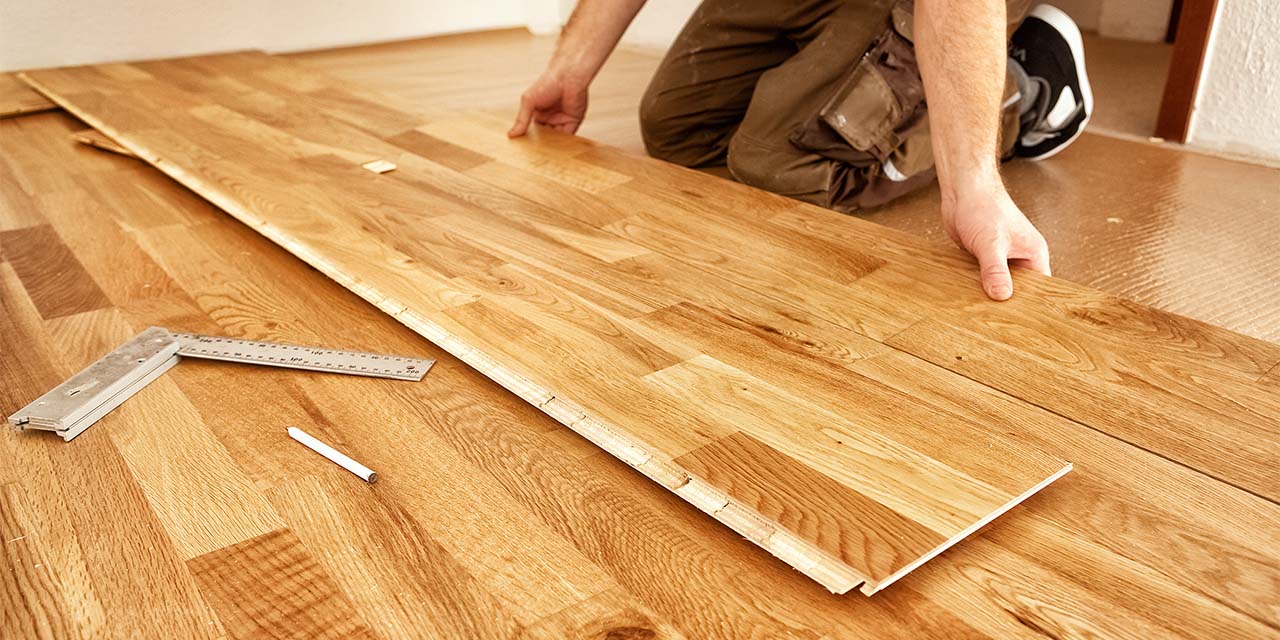
Should a Landlord Be Responsible for Blocked Drains?
If there’s no explicit provision whatsoever in your tenancy agreement about issues over blocked drains, then, it would be a struggle finding out who’s responsible. As the property owner, of course it would be logical to make sure that the entire property, pipes and drainage systems included, is in good working condition whether you’re renting it out or selling it.
If you’re planning to rent it out, might as well have your system checked beforehand and if there’s something wrong, then a blocked drain repair service would do you good. For purposes of clarification, the question, “Should a landlord be responsible for blocked drains?” deserves a clear answer.
The Role of the Landlord
Fortunately, Queensland has the Residential Tenancies Authorities that can help us clear the issue. Under the following circumstances, the landlord is deemed responsible for the blocked drain: a.) if he himself caused the damage, b.) if no one was at fault, and c.) if blockage is caused by wear and tear. Hence, you as the landlord should see to it that your property is well-maintained and fit to live in, keeping all the spaces clean including plumbing and drainage system.

It is therefore imperative that you include a list of all repairs to be done in the starting tenancy agreement before the renter settles in. Stipulate clearly in the document that you are to shoulder the cost of repairs as in the case of exploded pipes, flooding and severe leakage. But even though it isn’t stated in the agreement, it is still the landlord’s responsibility to defray the said costs.
The Role of the Tenant
If the blockage happened during his term, the tenant is responsible for the removal of such and pay for the cost thereof. Further, in the event of any emergency, the tenant has to render a quick response like calling for blocked drain repair service to prevent more damage to the system. Thus, you as the renter will have to take good care of the property and learn how to dispose of your waste properly.
If you deliberately throw cooking oils and fats in the sink or the sanitary napkins and condoms down the toilet, then you are the one causing the block. It is only sensible that you clean the system.
Remember, if there is any negligence from either party, whoever committed it is expected to pay the price. Then again, there would be circumstances when the drainage is shared with a nearby property. So again, who’s responsible for the blocked drain? Well, it’s still the landlord’s but only up to his property’s boundary. For a shared amenity, it will now fall under the responsibility of the local utility company when the drainage is blocked.



